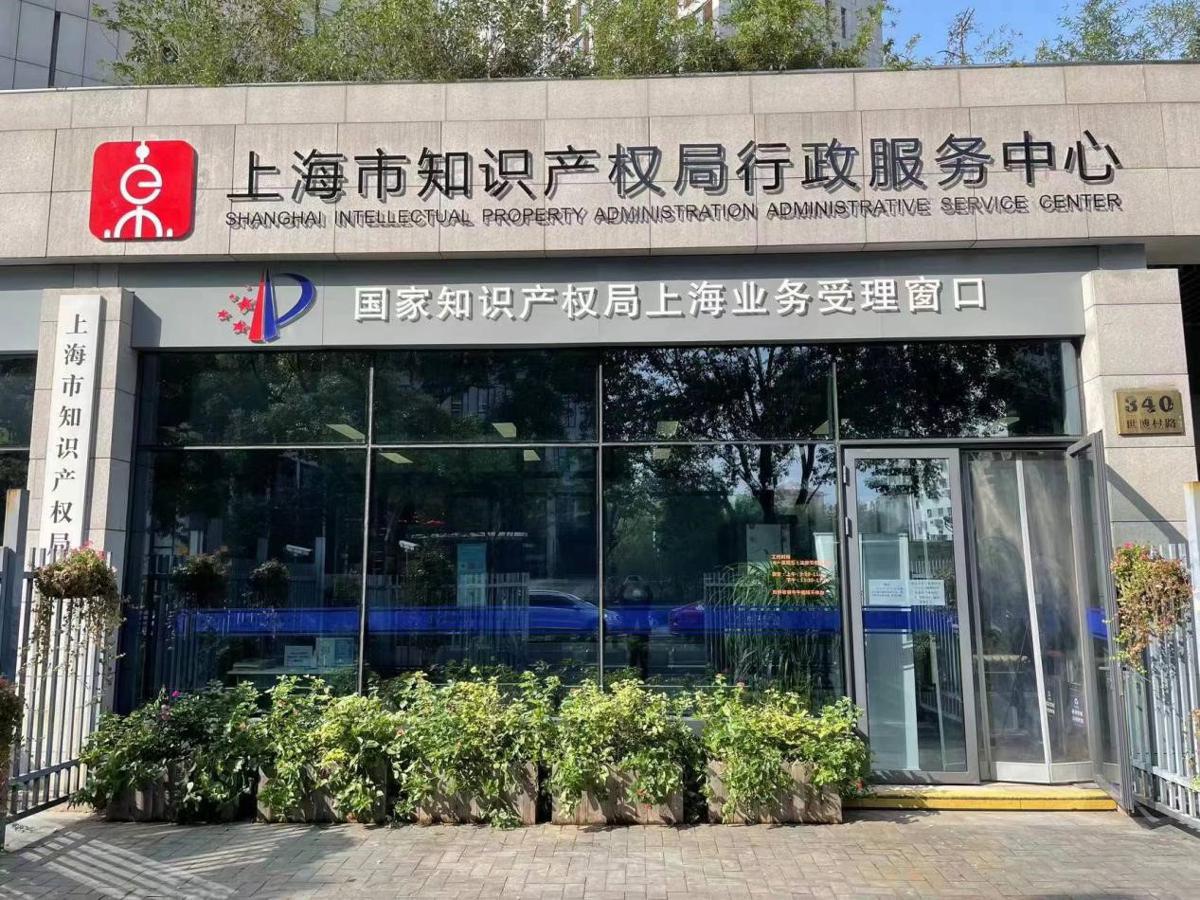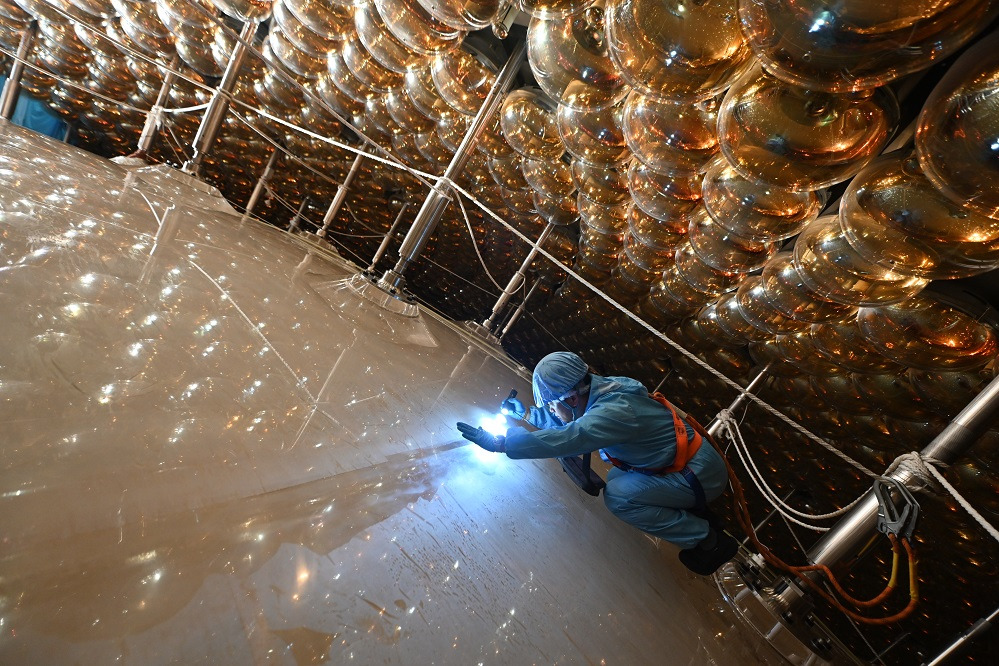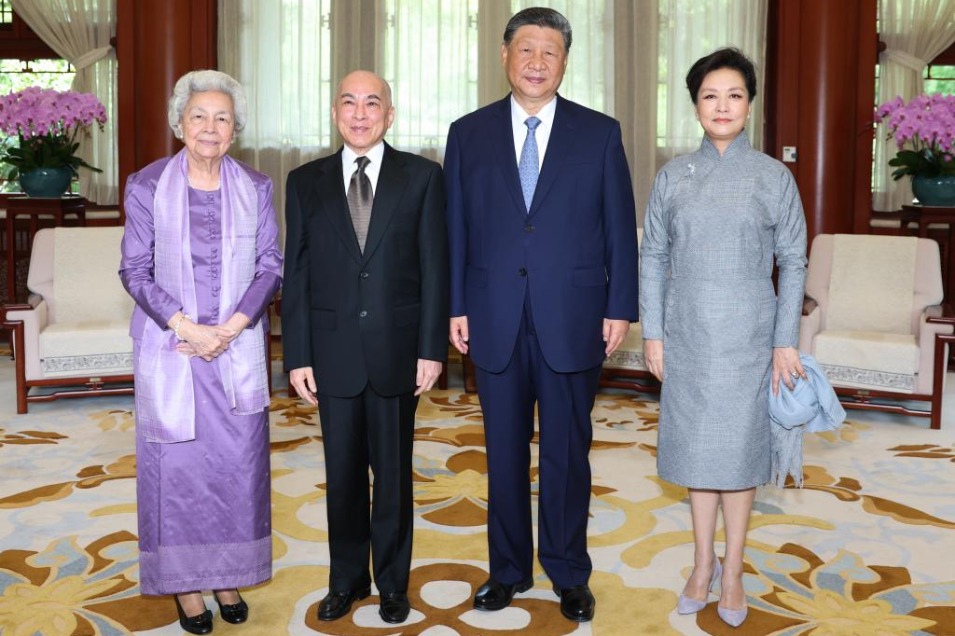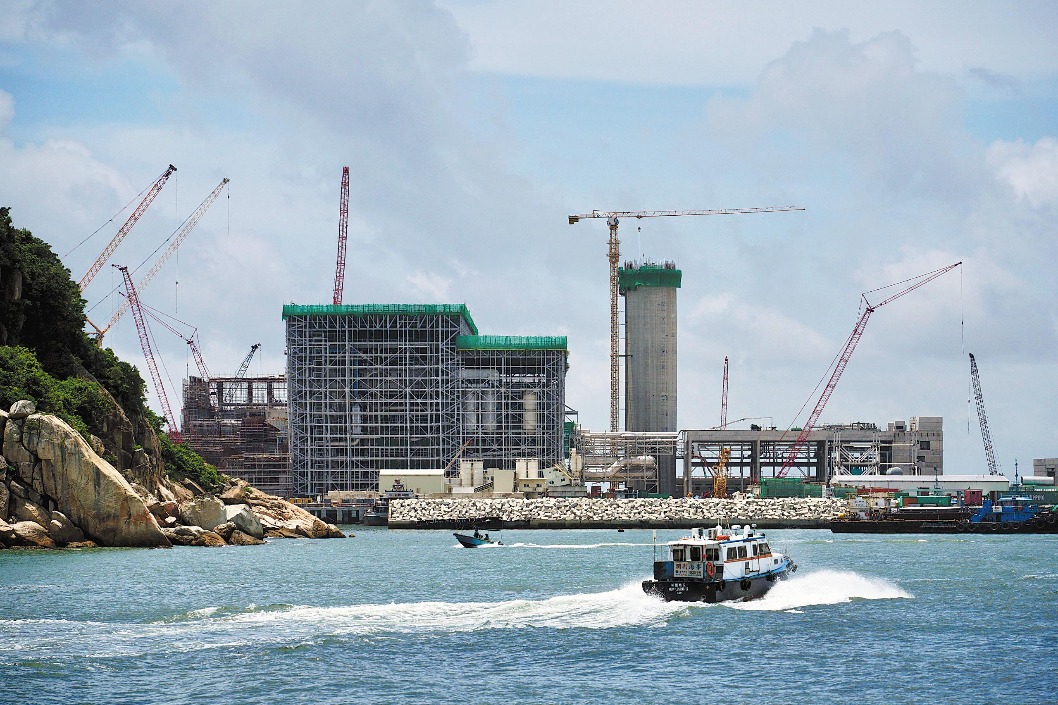IPR protection helps develop productive forces


In today's rapidly evolving global economy, innovation is key to driving sustainable growth. But without a robust intellectual property rights system, even the most groundbreaking ideas can falter. By better protecting IPR, countries can safeguard creators as well as stimulate high-quality productivity and advance the economy.
Strong IPR protection frameworks empower innovators, encourage investment and foster a competitive environment where new technologies can thrive, creating a ripple effect that enhances productivity across industries. As countries seek to transition toward knowledge-based economies, the innovation-IPR synergy will be key to fostering resilience and long-term growth.
The third plenary session of the 20th Central Committee of the Communist Party of China adopted the "Resolution of the Central Committee of the Communist Party of China on Further Deepening Reform Comprehensively to Advance Chinese Modernization" on July 18, outlining a blueprint for the country's high-quality economic and social development.
The resolution proposes to "improve the system and mechanism for developing new quality productive forces according to local conditions" and "develop productive forces characterized by high technology, high efficiency, and high quality".
The development of new quality productive forces is deeply rooted in "innovation" and closely related to technological and industrial innovation. It is thus necessary to promote and achieve industrial innovation through technological innovation, realize industrial transformation through industrial innovation, establish modern industries, form strategic new industries and future industries, enhance the competitive advantages of enterprises and industries, and develop a modern socialist market economy.
It is also necessary to achieve technological breakthroughs, innovatively allocate production factors, promote the transformation and upgrading of industries, optimization of the combination and upgrading of workers, and develop new industries, new models and new growth drivers.
Developing new quality productive forces is a huge systematic project. So to advance Chinese modernization, it is necessary to modernize the national governance system and governance capacity and, more importantly, improve the national governance system.
This year marks the 70th anniversary of the establishment of the people's congress system. The implementation of this system, with the goal of establishing and improving a national governance system centered on the rule of law, can be described as fruitful. In the process of developing new quality productive forces and advancing Chinese modernization, the National People's Congress system can effectively reform and improve the national governance system with the national legal system at its core.
In a society ruled by law, the IPR system plays an irreplaceable role in stimulating innovation, protecting innovative achievements, and promoting the application of these achievements to develop new quality productive forces.
The IPR governance system is centered on safeguarding the private rights of intellectual property owners, but it also protects public interest. Hence, better protecting IPR is better promoting innovation.
Granting creators exclusive rights to their creative achievements can greatly raise their quest for knowledge and technological innovation, thereby promoting the growth of knowledge wealth, facilitating industrial innovation and industrial transformation and upgrading, forming intellectual property-intensive industries and strategic emerging industries to ultimately develop new quality productive forces.
The implementation of the IPR protection system is largely reflected in the prevention of infringement and the punishment for infringement on IPR, provision for judicial guarantees and creation of the legal environment for promoting innovation.
In a case of infringement of the patent and technical secrets of "melamine", the first instance court handling patent cases and technical secret cases respectively ordered the defendant to stop infringing on the plaintiff's patent and compensate the aggrieved party for economic losses along with reasonable expenses for IPR protection of 80 million yuan ($11.19 million) and 50 million yuan.
For the two related cases mentioned above, the Supreme People's Court of the second instance supported the IPR holder's claim and ruled that the defendant should stop infringing on the IPR and pay for the economic losses and reasonable expenses for IPR protection of 218 million yuan.
Later, the defendant's application for retrial was rejected. In subsequent actions and filing of new lawsuits for the newly added Phase II project, the parties reached a settlement based on the judgments in the two cases and the new lawsuit. In the end, the IPR holder received 658 million yuan, and the defendant obtained the corresponding permission to use the patent. This case received a positive social response and has been selected as one of the "top 10 cases for promoting the rule of law in the new era in 2023".
Intellectual property rights have become a strategic resource for national development and a core element of international competitiveness. With China becoming a global intellectual property power, the IPR system in the country needs to play a more important role in promoting innovation and developing new quality productive forces.
To this end, it is necessary to strengthen China's IPR protection and provide stronger impetus and legal protection for its innovation drive, strengthen the market-oriented operation mechanism of IPR and promote the transformation and application of innovative achievements. It is also important to reform the IPR ownership system to promote the optimal allocation of innovative resources, adapt to the needs of high-tech and digital economy development, and make appropriate changes to the existing IPR protection system.
The author is a chair professor at Jimei University and a professor at China University of Political Science and Law. The views do not necessarily reflect those of China Daily.
The views don't necessarily represent those of China Daily.
If you have a specific expertise, or would like to share your thought about our stories, then send us your writings at opinion@chinadaily.com.cn, and comment@chinadaily.com.cn.

































